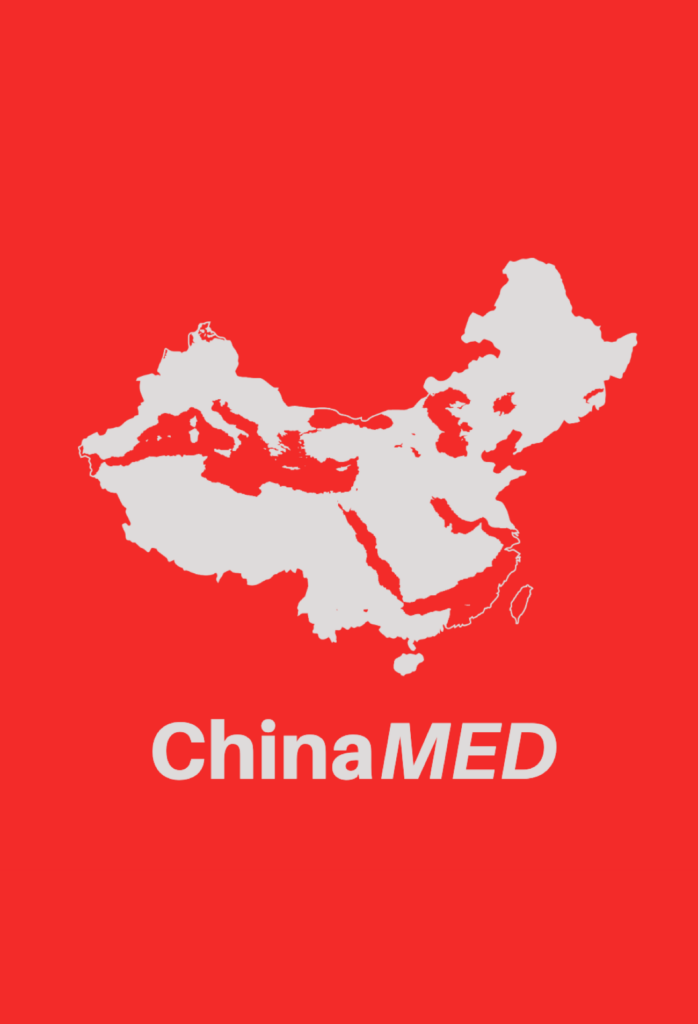
Over the past two weeks, the Italian and Chinese press have extensively covered Sino-Italian relations, centered around the very likely possibility that Italy will not renew its Memorandum of Understanding (MoU) with China on cooperation within the framework of the Belt and Road Initiative (BRI), thereby withdrawing from the China-led global geo-economic strategy. This increased attention can be attributed to two significant events. The first was Italian Foreign Minister Antonio Tajani’s trip to Beijing (September 3-5). The second was the G20 Summit in New Delhi (September 9-10), during which Italian Prime Minister Giorgia Meloni had a sideline meeting with Chinese Premier Li Qiang.
The objective of this analysis is to provide an overview of the main perspectives expressed in both Chinese and Italian media during this pivotal moment in these two countries’ bilateral relationship.
On one hand, the Chinese media mostly emphasized the international causes of behind Italy’s decision, particularly the influence of the United States. While domestic Italian politics were also discussed as a possible contributing factor, it seemed to be considered of secondary importance. Chinese commentators and journalists primarily emphasized the message that although Rome’s withdrawal is unfortunate, it will not severely undermine the BRI. However, there was somewhat more ambiguity in their assessment of the future of Sino-Italian relations.
On the other hand, considering the sheer number of articles published in the Italian press on the issue, it is evident that the Meloni government’s decision to leave the BRI is perceived as far more salient in Italy than in China. Moreover, when discussing the motivations behind the likely withdrawal, Italian commentators mostly focused on the economic and trade dimension. While some did consider the role of American influence and domestic politics, the emphasis placed on these factors varied among analysts, contingent on their views of Washington and the Meloni government.


Copyright © 2025. Torino World Affairs Institute All rights reserved
